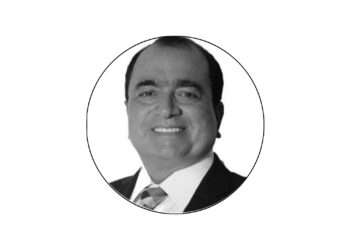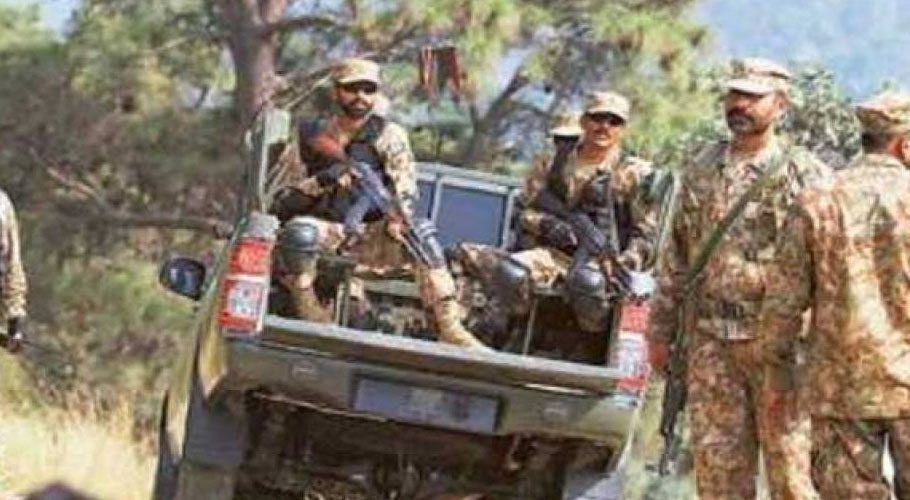Two weeks ago, I delved into French President Emmanuel Macron’s assertive maneuvers against Russia in my column. Macron’s actions, however, triggered a major upheaval for the West on May 6 and 7. This upheaval was catalyzed by certain recent Western activities, which bear examination. It’s crucial to recognize that each nation harbors its own unique cultural prism through which it perceives and responds to global affairs. Western nations, for instance, exhibit a shared political ethos characterized by a penchant for deceit, manipulation, and coercion on the world stage. On the contrary, Russian culture promotes a starkly different approach, emphasizing candor and a commitment to follow through on articulated intentions.
Former CIA operative Ray McGovern, with his extensive experience in Soviet and Russian affairs spanning nearly three decades, underscores this contrast, asserting that Russia’s actions are often straightforward and should not be underestimated. McGovern’s insights shed light on Russia’s political modus operandi, where words are taken seriously and actions are aligned with stated positions.
Turning to recent events that have roiled Western corridors of power, two articles penned by Steven Bryan in the Asia Times have garnered significant attention. Experts in international affairs speculate that these articles may have been orchestrated by NATO, given their content. One article prophesied a potential deployment of US troops to Ukraine under a second term of President Joe Biden, while the other hinted at the presence of a foreign contingent of the French military in Ukraine. This latter assertion, particularly, raised eyebrows, given the nuanced composition of French military personnel.
The confluence of these articles with remarks made by Hakeem Jeffery, leader of the US Democratic Party in the House of Representatives, during a televised interview on the same day, hinted at a coordinated effort. This alignment of rhetoric occurred amidst murmurs within military circles regarding potential provocations targeting the Crimean Bridge coinciding with Russian President Vladimir Putin’s inauguration on May 7.
The intensity of Russia’s response on May 6 reverberated across Western capitals, prompting a sobering reassessment of the situation. The Russian Ministry of Defense, acting on orders from President Putin, initiated combat exercises involving nuclear forces, signaling a clear stance in response to Western provocations. President Putin’s spokesperson, Dmitry Peskov, underscored Russia’s grave concern over unfolding events, cautioning against actions that could precipitate a global catastrophe.
Subsequent diplomatic moves, including the summoning of French and British ambassadors by the Russian Foreign Office, underscored Russia’s resolve to address the escalating tensions. In the face of Russia’s unwavering stance, Western capitals scrambled to backtrack. Italy and Poland swiftly disavowed any intention of military involvement in Ukraine, while France, under Macron’s leadership, made a remarkable volte-face, affirming recognition of Putin’s legitimacy and disavowing earlier assertions.
This flurry of diplomatic activity culminated in a statement from the US State Department, disavowing any intent to deploy troops to Ukraine and reaffirming recognition of Putin’s leadership. However, it was Russia’s pointed warning to the British ambassador regarding potential repercussions of British weapons being used in an attack on Russian territory that truly underscored the gravity of the situation.
As tensions simmered, a British newspaper’s publication of an article questioning the rationale behind targeting the Crimean bridge hinted at a nascent acknowledgment of the need for de-escalation. This flurry of diplomatic maneuvers and realizations underscores the delicate balance of power on the global stage and the need for nuanced diplomacy in averting potential catastrophes.
































